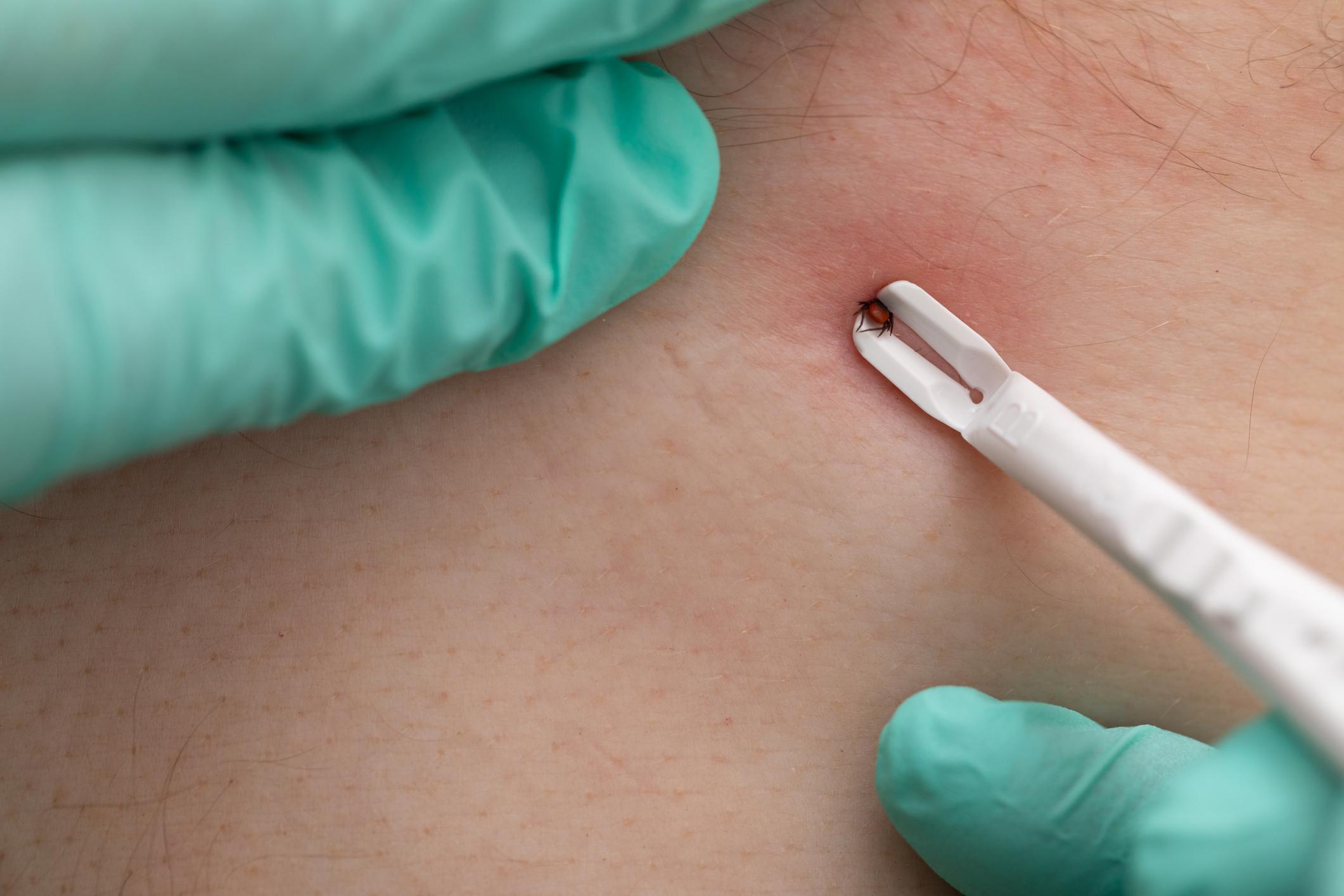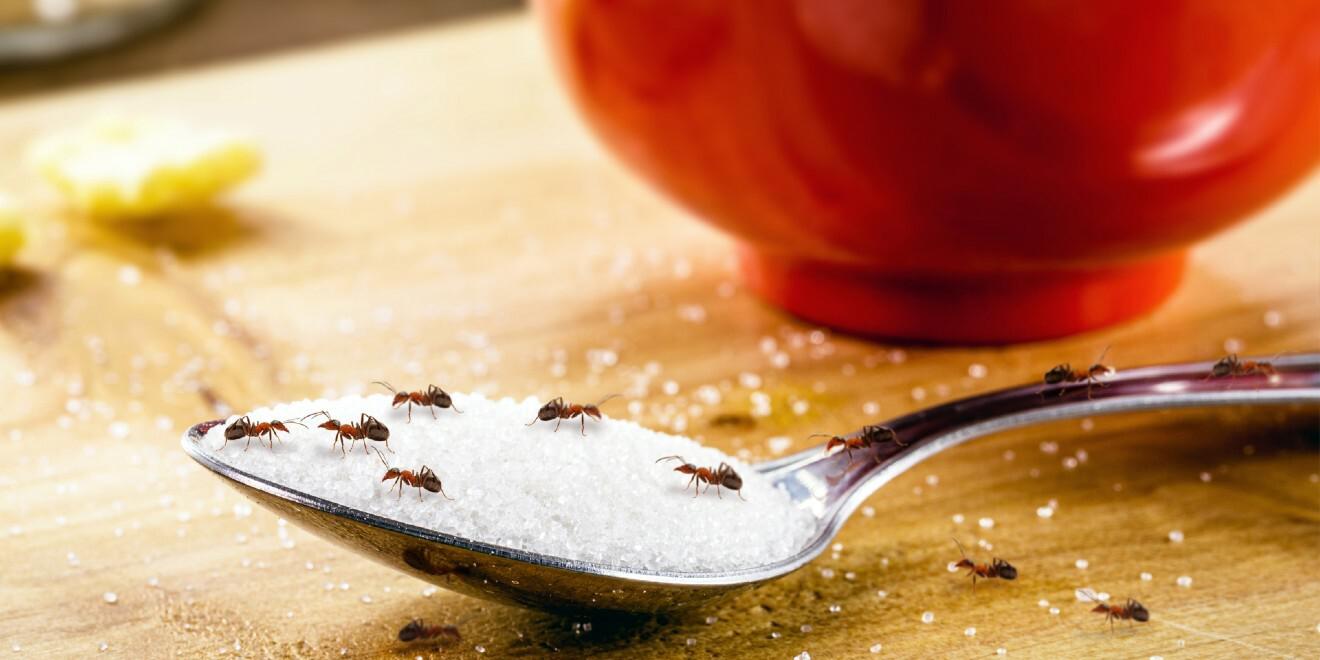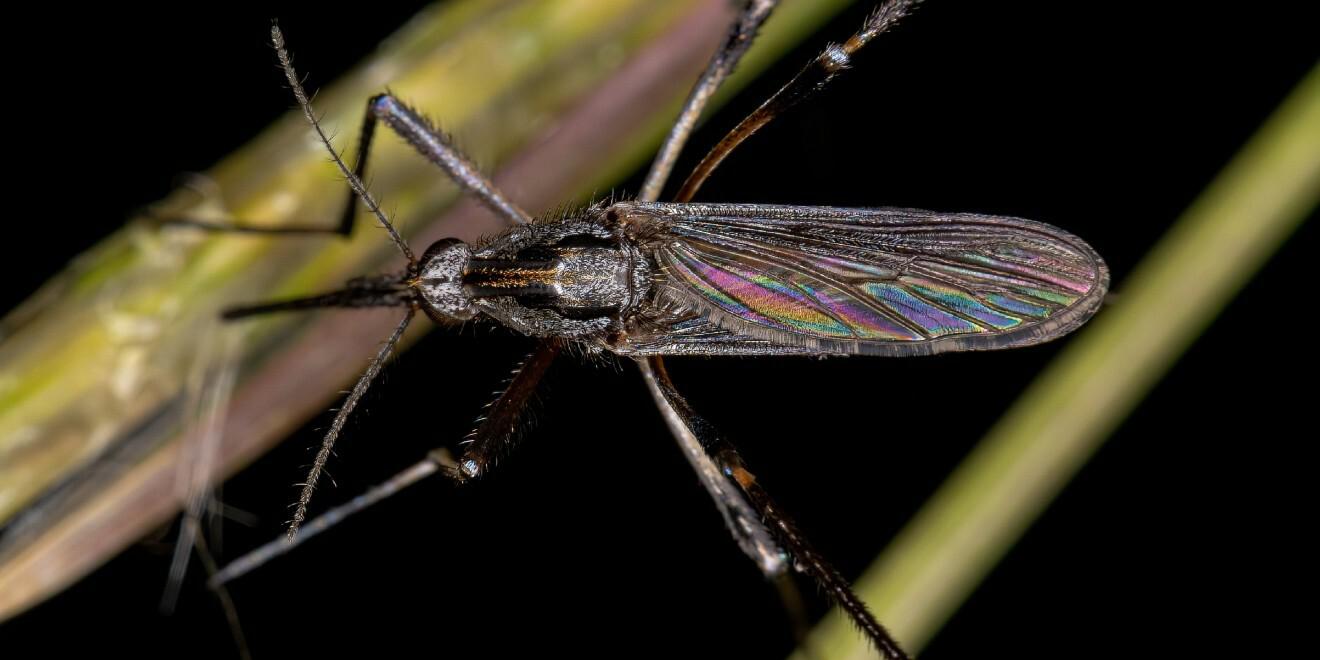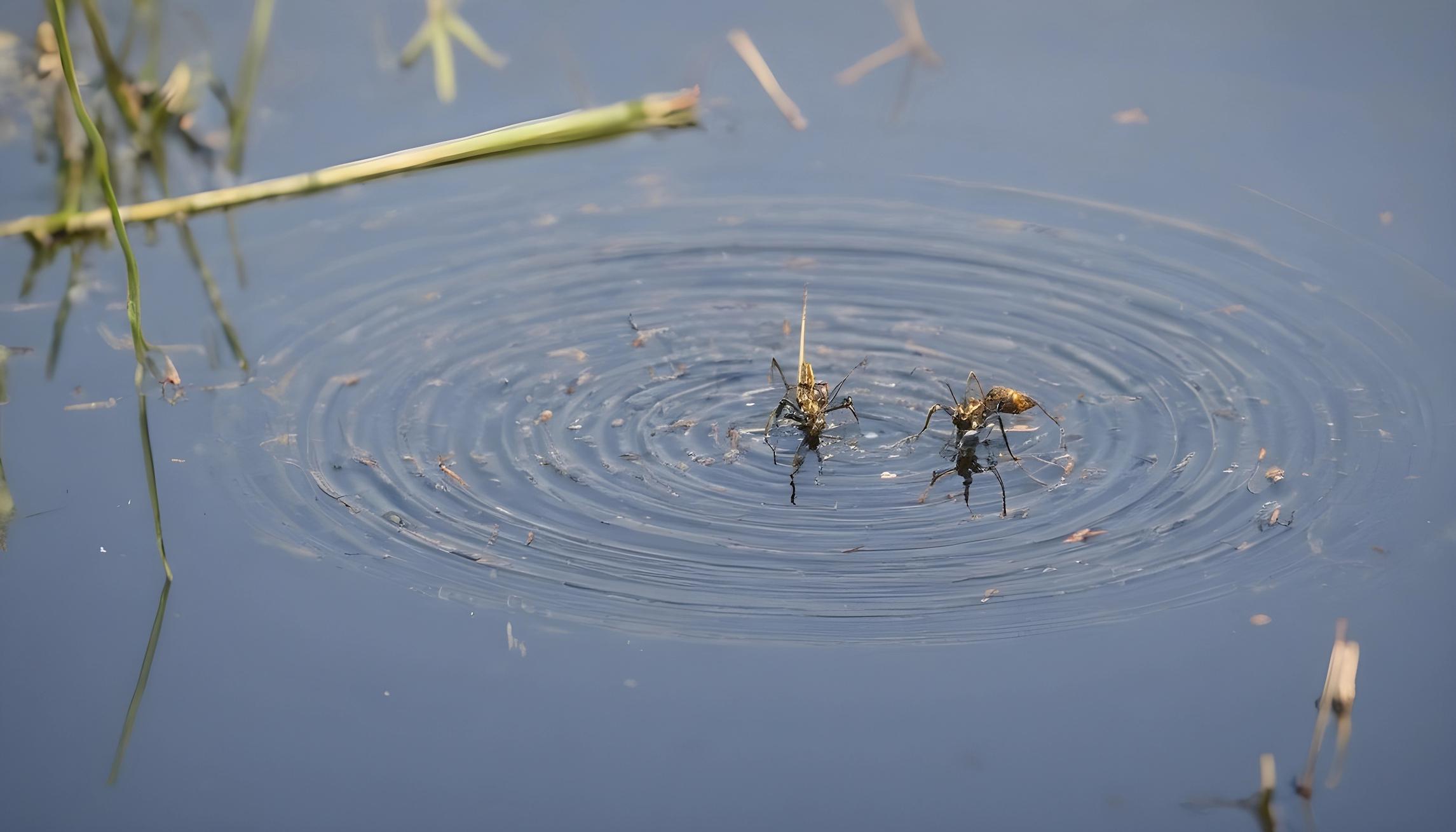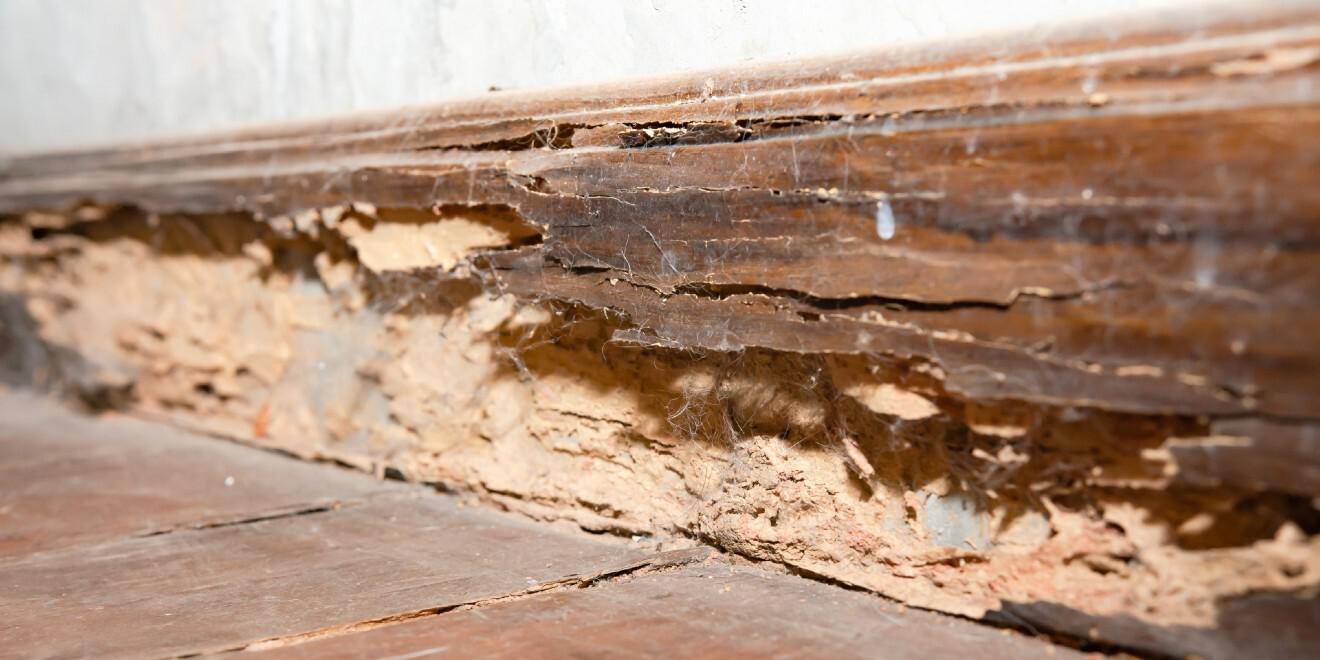How Mosquito Squad Products & Service Can Benefit the Local Watershed
Posted by Mosquito Squad
April 11, 2019
Cape Cod Mosquito Squad owner Curtis Felix speaks with Ben Robertson, owner of digital marketing agency Menadena, about the benefits to the watershed when a yard is treated for ticks and mosquitoes with its products which are a derivative from the chrysanthemum.
Interview transcript:
Ben Robertson: Okay, so, I'm here with Curt Felix of Cape Cod Mosquito Squad and we're discussing the benefits of Cape Cod Mosquito Squad tick and mosquito prevention for the watershed. How you doing, Curt?
Curt Felix: Good. How are you?
Ben Robertson: Excellent. Yeah, so where do you want to begin?
Curt Felix: One of the questions that a lot of customers have is, "Is your tick and mosquito treatment going to adversely impact my well or the watershed or creeks, ponds, streams, estuaries, sensitive ecosystems that may abut my property or may be on my property?" And, of course, especially on Cape Cod, this is a very, very big concern for homeowners.
Ben Robertson: Of course.
Curt Felix: And so, one of the things that's unique about our system is that the material that we're using, again, it's plant-based and it's non-toxic. And it's actually in a base that you could think of like latex paint, it's like a latex film. So, rather than misting something that's like a chemical, that could dissolve or wash off, we use a material that creates a water resistant film. When it dries on the foliage, ground covers, plants, grasses or shrubbery around your home, a chemical could wash off.
Curt Felix: Even though we have an organic essential oil system, that system can be mobile in the environment, while the thing that I like about our traditional plant based system, is that because it's in this latex-like base, when it gets applied to the foliage it dries to a film that you can literally think of like latex paint on your house. It's clear, it's transparent, you can't see it, but it stays in place. And so, it provides that protection against ticks and mosquitoes. When they come in contact with it it eliminates them. But at the same time, because it stays in place and doesn't wash off or migrate, it's actually protecting your watershed. It's protecting the surface runoff. It's protecting your wells. It's basically making sure that you're not going to have any adverse impacts on the sensitive resources.
Ben Robertson: Are there other products out there that people are using that would impact the watershed?
Curt Felix: Yes, virtually anything that doesn't have the carrier base that we use, which includes the vast majority of other products. I mean, our product is one of the more expensive products on the market to use for tick and mosquito control and one of the reasons is that it does have this additional protective benefit.
Ben Robertson: Interesting. Can you tell us a little bit more about what some of the alternative products that might be out there are and how they might affect the watershed?
Curt Felix: I think that's kind of a lengthy topic.
Ben Robertson: Okay.
Curt Felix: I think from a customer's standpoint, those are questions that you'd want to ask of another company.
Ben Robertson: Okay, fair enough.
Curt Felix: We have a superior product and we spend more on our product to provide these benefits for our customers and so we think that's a big plus.
Ben Robertson: That's great. Are there tick and mosquito control prevention products out there that you would recommend customers to ask more questions regarding? As far as the safety to the watershed and other aspects? That you would just say, "Hey, it's worth taking a little bit more time to learn about it and maybe ask some questions of the vendors?"
Curt Felix: Yeah. I think that's always a great topic. Many people are concerned because they have wells or they abut swampland or they abut an estuary and even though the ... well, you know, I just ... I guess I just would leave it at that. I think it's ... everybody should do their own due diligence.
Ben Robertson: Okay, cool. So, you're saying the information is available out there.
Curt Felix: Yes and customers should ask questions.
Ben Robertson: Absolutely.
Curt Felix: Most people care about protecting the environment and so it's worth it to be aware of what products they are using whether from a retail store like Home Depot or a garden center or they hire a professionally licensed company to work on their property.
Ben Robertson: And it sounds like you're recommending to use resources available at the EPA to learn what the side effects might be or the potential impact on the environment might be of various products?
Curt Felix: Yes. And that even extends to, like I said, even our own organic products based in oil. So, they're mobile in the environment until they break down. So, even things that people might think of as being completely benign may not be.
Ben Robertson: When you talk to customers about these issues, how do you address their concerns? And what kind of concerns come up in those discussions?
Curt Felix: I think the biggest one is, will this affect my well? Will it affect, like we mentioned before, the food in my garden? The answer is, we don't mist the garden. And because it doesn't wash off, it's going to protect your well.
Ben Robertson: Yup. And then, if they, though, choose to use the organic version and we do have this issue with essential oils and volatile organic compounds perhaps related to those oils, that could end up impacting the watershed in some way, how do they respond? What are their considerations? I'm sure some people choose to use that regardless, right?
Curt Felix: Yeah. I mean, I think the reason that many people feel comfortable with it is, again, they don't really see negative impacts. More to the point, another way of thinking about this is, if you use DEET, or you mist yourself with materials that you would use to protect yourself from mosquitoes and ticks, DEET or whatever. When you go take a shower, you're going to wash those compounds directly into the water table. And you're going to expose yourself. You're going to be breathing those things, you're inhaling it.
Ben Robertson: Interesting.
Curt Felix: Yeah, so it's getting absorbed through your skin, you're breathing it, and then you're washing it directly into the water table.
Ben Robertson: That's fascinating.
Curt Felix: So, things that people are doing now are substantially impactful, both to their own personal health and to the health of the ecosystem.
Ben Robertson: Very interesting.
Curt Felix: Moving to a system where you're getting much, much, much better protection and protecting the watershed with a system that's applied to plants so that people aren't in contact with it, is really ... from my standpoint, that's an advanced technology bio-mimicking solution that is significantly better than what many people have been doing to date.
Ben Robertson: That's wonderful. That makes a lot of sense to me. And on the essential oils ... just to confirm here, there are people who are choosing those because they want the organic solution and ... what is the risk/reward decision making process that they're going through when they say, "I want that version and I understand that it might wash off into the watershed." But how do you have ... what's the conversation around that for you guys when you talk to people about that?
Curt Felix: Again, we don't see negative impacts on the watershed. 'Cause these things that are ... they are pretty volatile, sunlight breaks them down too and microbes and so the conversation that we're having with customers is more on what the benefit of the system is, which is ... there is no peer reviewed research that shows those materials to be effective on ticks. They work really well on mosquitoes and no-see-ums and greenheads and...
Ben Robertson: You're saying this is the organic essential oils solution, it’s not having a big impact on ticks?
Curt Felix: Yeah, the data is showing that there's maybe a 10% effectiveness for the essential oil type treatments as opposed to like 99% effectiveness for our chrysanthemum-based system. So, that's one of the pieces that we talk about more with our customers, is if you're concerned about ticks, we recommend our standard system. We know that it works. It has the scientific research to back it up.
Ben Robertson: Got it.
Curt Felix: And the results from our customers. We had a customer that wanted the organic solution and we used that for two treatments, and this is somebody who had Lyme disease nine times, and after the second treatment she said, "I'm still seeing ticks in my garden." And so I asked her if it would be okay to change to the standard system and once we did that she had no issues with ticks.
Ben Robertson: Got it. That's very, very interesting. I think that pretty much covers the topic of benefits of your system and products to the watershed. Is there anything else that you want to say before we go?
Curt Felix: No, I think that pretty much covers it.
Ben Robertson: Okay, great. So, we'll wrap that now.










